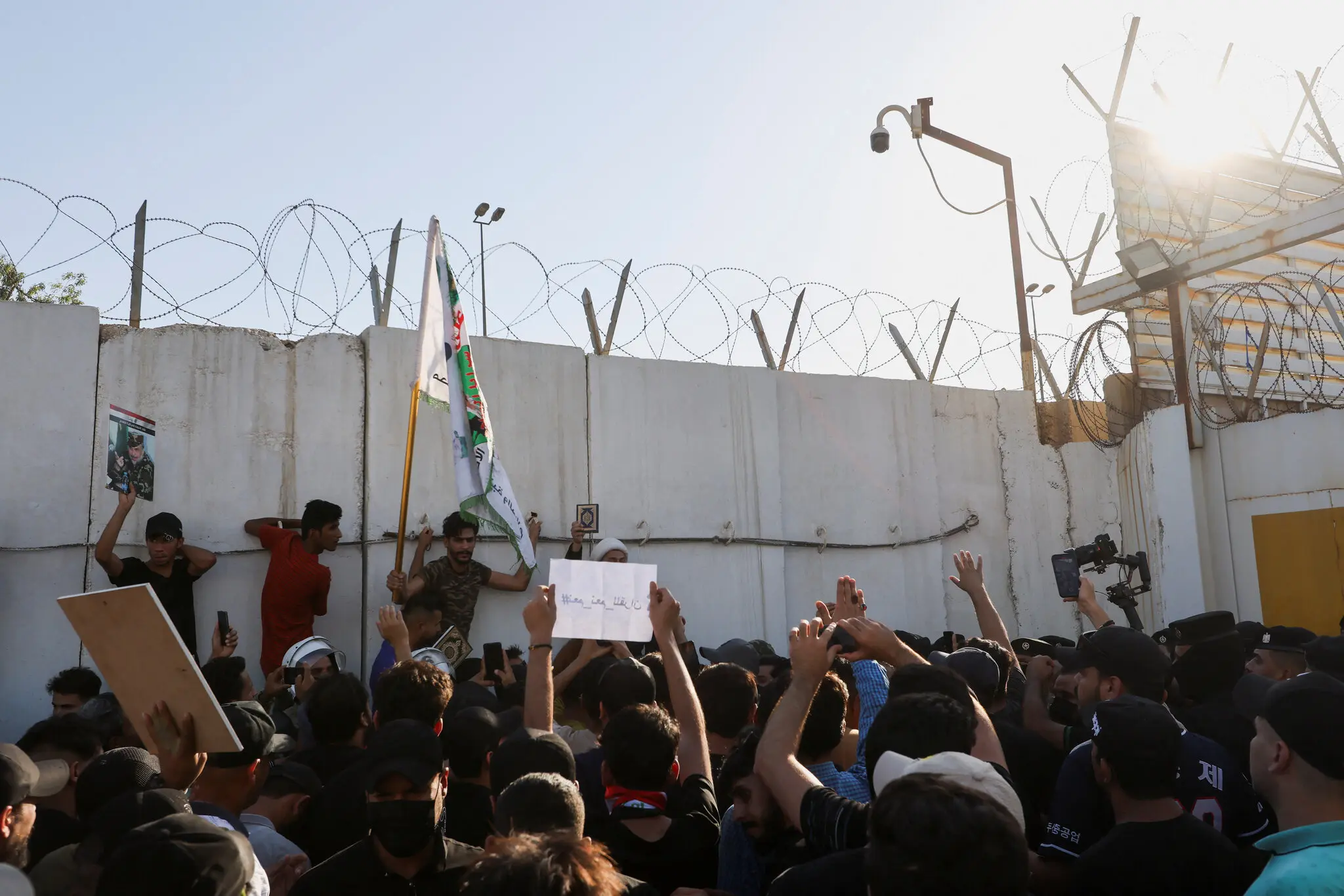In an event that has stirred indignation across the Muslim world, Sweden is facing widespread condemnation for allowing the public burning of the Quran, the Islamic holy text, outside a mosque during the significant Islamic holiday, Eid al-Adha.
The incident, which took place in Stockholm on the significant Islamic festival, has provoked an international outcry, especially among Muslim-majority nations. The act of desecrating the Quran on one of the most sacred days in Islam has resulted in strong reproach towards the Swedish authorities.
A surge of public discontentment in Iraq led to several hundred individuals protesting outside the Swedish Embassy in Baghdad, encouraged by Muqtada al-Sadr, a popular cleric. Al-Sadr, describing Sweden as “hostile” to Islam, called on the Iraqi government to sever diplomatic ties with the Scandinavian nation. The protest, although heated, did not culminate in the embassy’s invasion and eventually dispersed, with al-Sadr demanding more significant demonstrations following Friday prayers.
Iraq’s foreign ministry joined the chorus of outrage, denouncing Sweden for enabling an extremist to desecrate the Quran. Meanwhile, the incident involving two men – one of whom was identified as Salwan Momika, an Iraqi immigrant residing in Sweden – publicly tearing and burning the Quran, was viewed by a crowd of spectators.
The men had received a permit from Swedish police to stage their demonstration following a court ruling that a ban would infringe on freedom of speech. Nevertheless, the permit clearly stated that no objects should be burned in Stockholm.
The act, carried out during the pivotal Muslim festival of Eid al-Adha, further heightened tensions and caused distress amongst Muslims globally, many of whom were observing the end of the Hajj pilgrimage.
Morocco, Jordan, Egypt, and Saudi Arabia have officially expressed their displeasure at Sweden’s actions, with some recalling their ambassadors. Turkey’s President Recep Tayyip Erdoğan, referring to the incident, stated that the country would never succumb to “the politics of provocation,” considering the desecration of Muslim sacred entities not as “freedom of thought”.
This controversy follows a similar episode earlier this year when a far-right Danish-Swedish figure burned a Quran copy outside the Turkish Embassy in Stockholm. Swedish police have since denied two additional requests for similar protests, fearing such acts could increase security threats and pose risks to overseas embassies.
Yet, a Swedish court overturned the police’s decision in April, asserting insufficient evidence to ban such protests. Swedish authorities find themselves grappling with the tension between upholding freedom of speech and respecting religious tolerance.
Stockholm police are now investigating Mr. Momika for violating the burning ban and incitement against a group. Calls to Mr. Momika have so far gone unanswered.
The Quran burning, particularly as it is believed to have been carried out by an Iraqi immigrant, has significantly troubled the Iraqi population. Al-Sadr has demanded the Iraqi government revoke Mr. Momika’s citizenship and called for his repatriation for prosecution in Iraq.
Sweden, home to over 140,000 Iraqi-born immigrants – the country’s second-largest immigrant group after the Swedish Finns – now faces increased scrutiny amidst this escalating controversy.
Image Credit: Ahmed Saad / Reuters



















